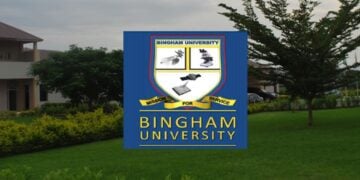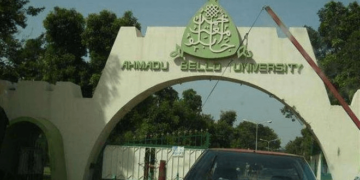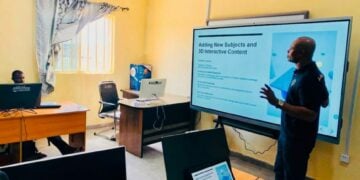Prof. Amidu Olalekan Sanni has advocated a review of opportunities in public universities to be extended to private and religion-oriented universities.
Sanni made this advocacy while delivering the 111th inaugural lecture of Lagos State University titled: “The Odyssey of a Theorist in Arabic-Islamic Scholarship: The Pain, The Gain and The Twain.”
He stated that the university system in Nigeria is regulated by the same body, the National Universities Commission (NUC), and the products of the system, be they from public or private institutions, are trained with the same approved curricula.
According to him, this makes inter-university transfer possible, adding that private universities are also required to uphold the same universal standards in learning and character for them to fit into career and employment markets.
He stated further that the policy of making education accessible through the National Education Loan Fund (NELFUND) should be liberalised for students of both public and private institutions.
He also argued that academic staff of private universities equally contribute to boosting the profile of the Nigerian academe and should therefore benefit from financial and infrastructural assistance such as offered by TETFund, among others.
Prof. Sanni argued further that the Times Higher Education (THE) world ranking of Nigerian universities over the past few years has consistently confirmed the outstanding performance of the private university system over public universities, including the first-generation universities.
“The 2025 ranking, for example, indicates that two of the best five ranked universities in 2025 are private, beating the University of Ibadan to the fourth place,” he said.
The Professor of African and Middle East Studies also advocated that degree programmes in Arabic should include coding and combination with other subjects and skills.
He added that it should also integrate online courses and certification, business and leadership skills, communication and collaboration skills, emotional intelligence, and public speaking and presentations.
According to him, the Diploma in Arabic and Islamic Studies which was run by Lagos State University but discontinued after the Ibadan experience and the failure of external affiliation by private Arabic centres should be reintroduced and repackaged in response to new realities.
He suggested that Lagos State University, in collaboration with other universities, can get the Association of Arab Universities, the OIC, ICESCO, and other cultural agencies in the Arab world and local philanthropists to institutionalise full scholarships for degree programmes in Arabic in combination with different skills and other entrepreneurial or innovation programmes.
Prof. Sanni equally commended the Federal Government of Nigeria’s initiative for the conscious effort at bridging the gap between the youth and the employment market through the Nigerian Youth Academy (NIYA) scheme which was inaugurated on the 24th of March 2025.
“The initiative is intended to ensure that every youth has at least two skills within two years such that about five million youth would have been given the opportunity of acquiring a sustainable engagement over a five-year period. I suggest the National Youth Service Corps (NYSC) enrollees should be the first beneficiaries of the programme for the formal sector while artisans with various skills be the beneficiaries from the informal sector,” Prof. Sanni said.
He therefore called for more learning, research, and teaching facilities to be provided, given the demography of the young ones seeking post-secondary education. He added that the proliferation of national or state universities under external or self-induced political pressures rather than improving the capacities of the existing ones is likely to be counterproductive in our quest for national development.





